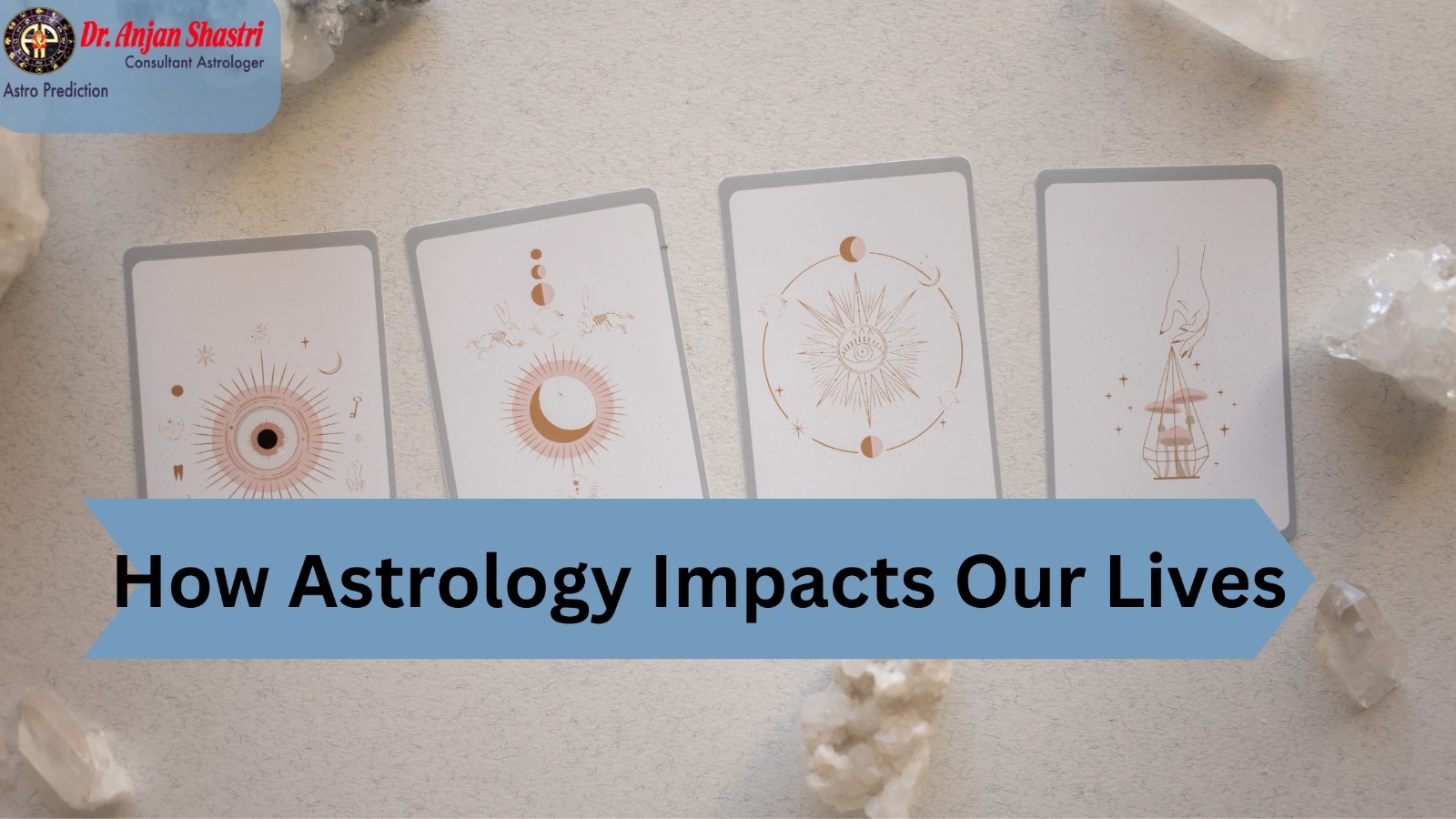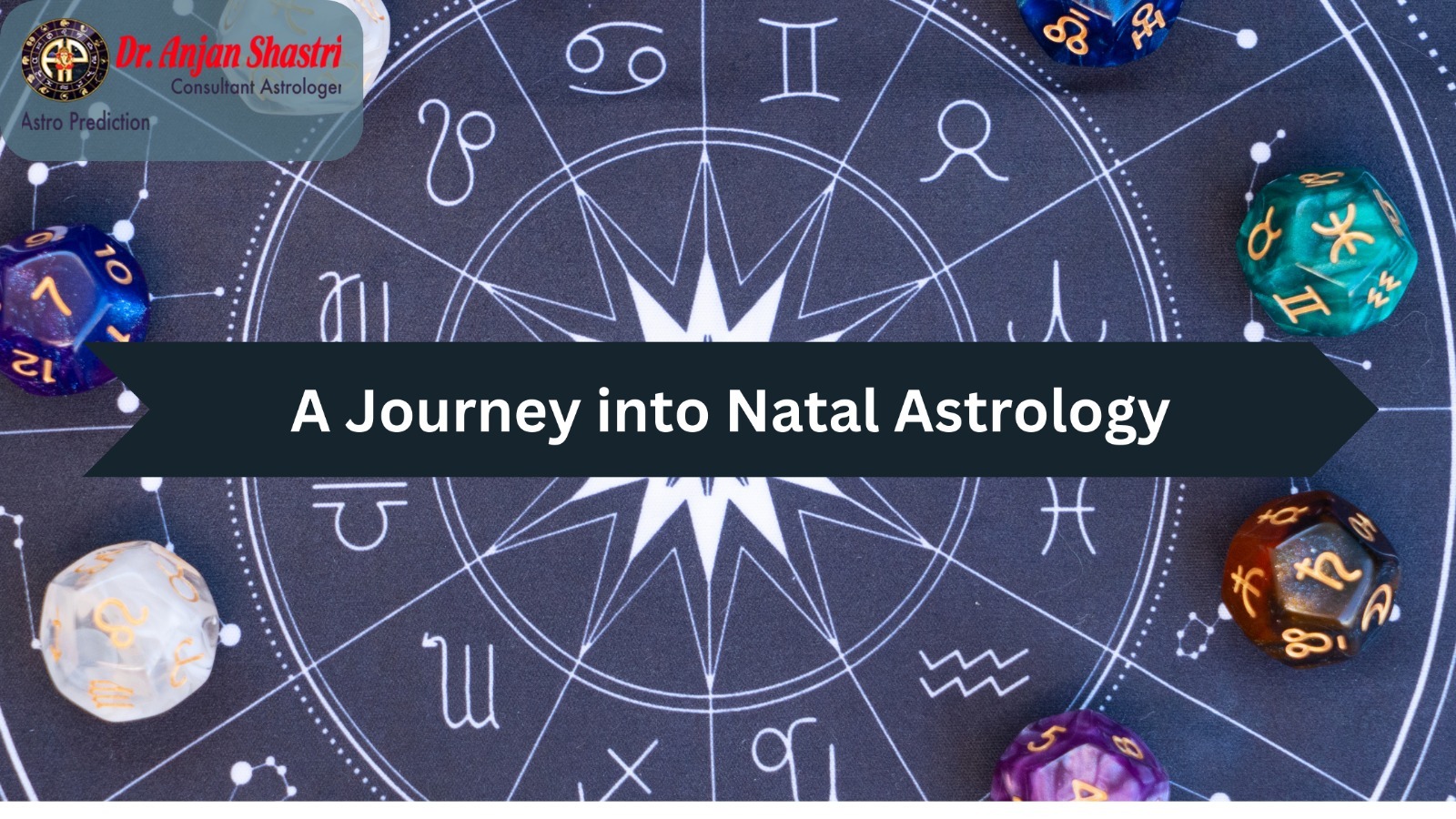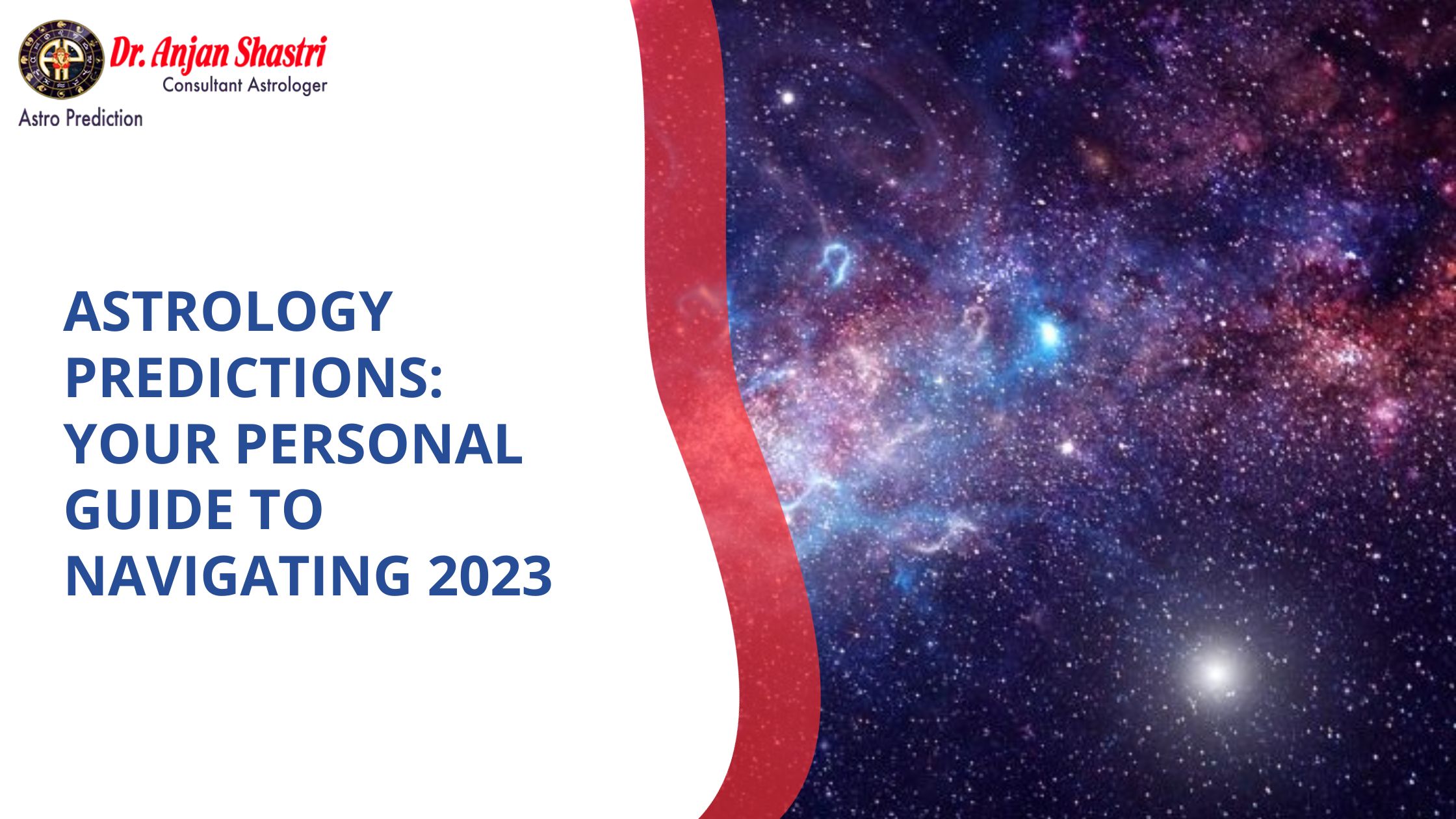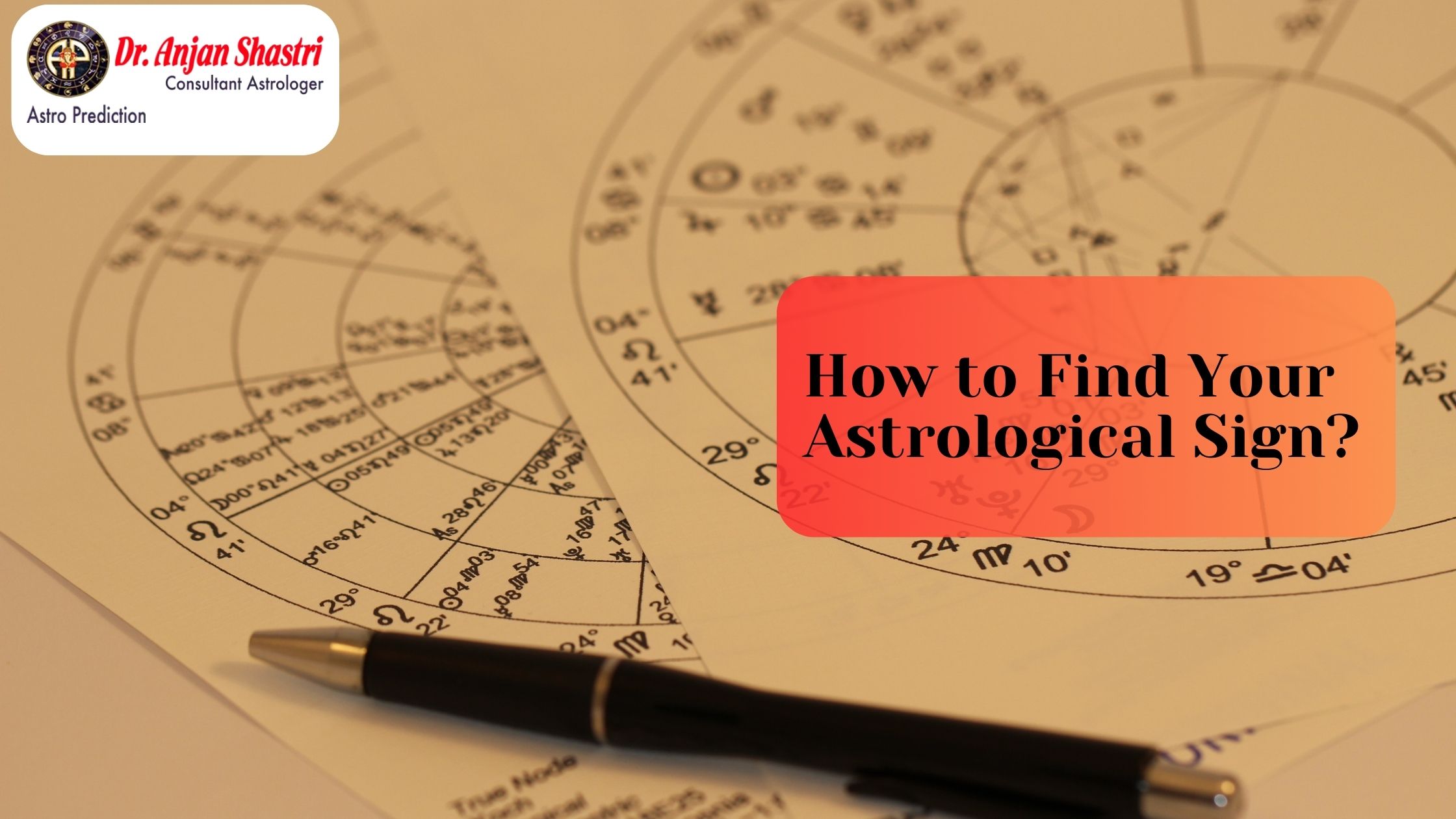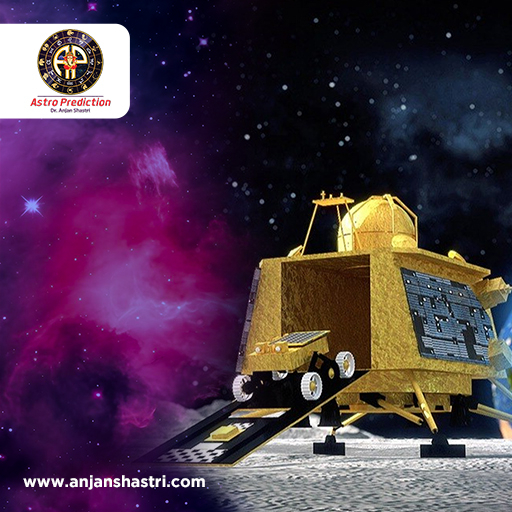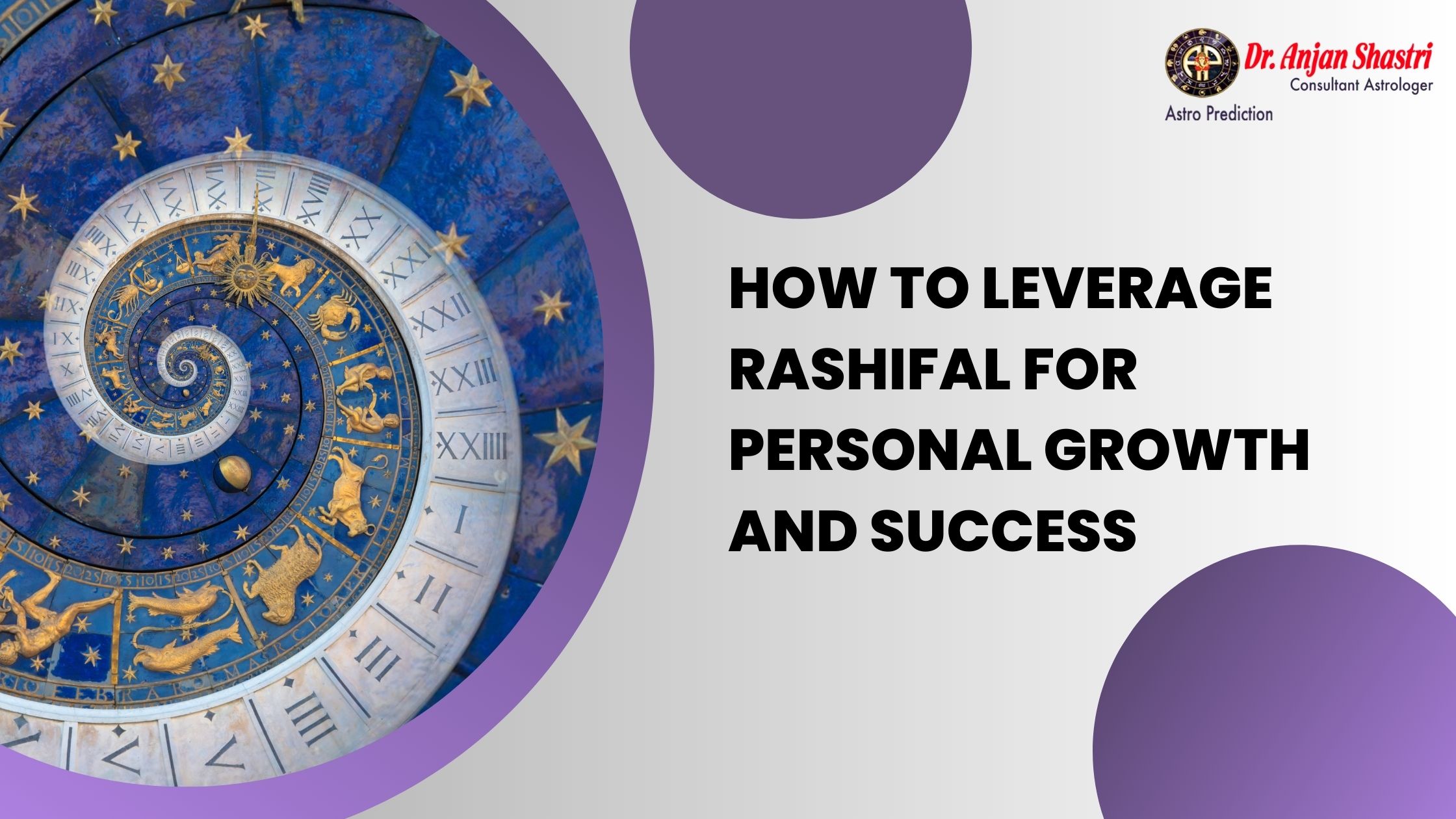Avoiding negative vibes and fostering a positive and harmonious atmosphere in your home is essential for your overall well-being. Negative energy can affect your mood, relationships, and even your health. Here are some practical steps to help you eliminate or mitigate negative vibes in your home:
1. Declutter and Organize: A cluttered home can create chaos and stress. Regularly declutter and organize your living spaces. This not only makes your home feel more spacious but also helps remove stagnant energy.
2. Let in Natural Light: Open curtains and blinds during the day to let natural light flood your home. Natural light is a mood enhancer and can help disperse any negative energy.
3. Ventilation: Ensure proper ventilation in your home. Fresh air can help circulate and cleanse the energy within a space. Open windows and use fans or air purifiers to maintain good air quality.
4. Sage Cleansing: The practice of smudging with sage or other cleansing herbs is believed to clear negative energy. Light the sage bundle, let it smolder, and move it around your home, paying particular attention to corners and doorways.
5. Salt Water Cleansing: Placing bowls of salt water in various rooms of your home is said to absorb and neutralize negative energy. Replace the water regularly and discard it outside your home.
6. Sound Cleansing: Use sound to clear negative energy. This can be done through singing bowls, bells, or even just playing calming music. The vibrations can help break up stagnant energy.
7. Crystal Healing: Crystals like amethyst, black tourmaline, and clear quartz are believed to absorb and transmute negative energy. Place them strategically in your home to promote positive vibes.
8. Positive Affirmations: Use positive affirmations to set the intention for your space. Speak words of love, positivity, and gratitude to create a positive atmosphere.
9. Feng Shui: Study the principles of Feng Shui and apply them to your home’s layout and decor. It’s designed to create a balanced and harmonious environment.
10. Remove or Repair Broken Items: Broken or damaged items in your home can symbolize problems or negativity. Repair or replace them to eliminate these associations.
11. Indoor Plants: Adding indoor plants not only improves air quality but also brings nature’s positive energy into your home.
12. Personal Cleansing: Before entering your home, practice personal cleansing. Shake off the stresses and negativity from your day before crossing your threshold.
Remember that maintaining a positive home environment is an ongoing practice. What works for one person may not work for another, so it’s important to find the practices and techniques that resonate with you and your family. Regularly purifying and harmonizing your space can lead to a more peaceful and positive living environment.



